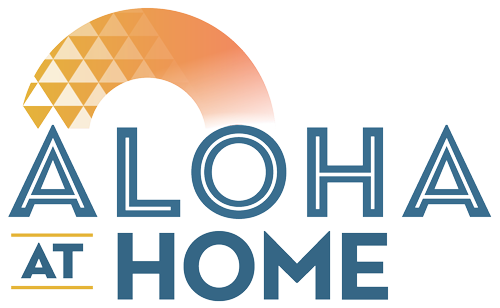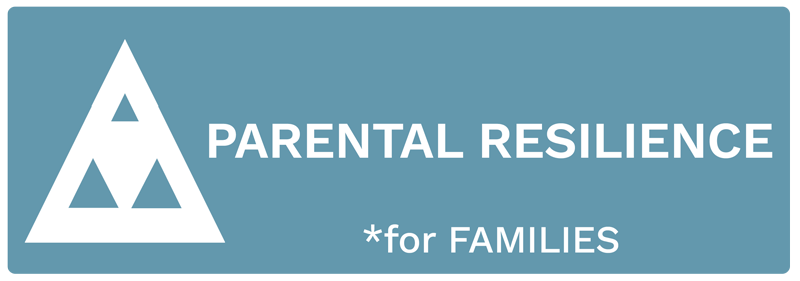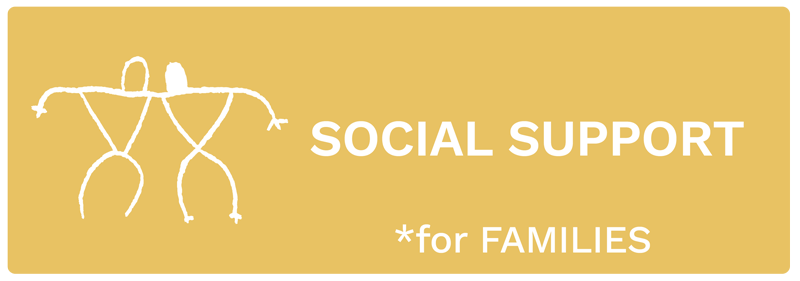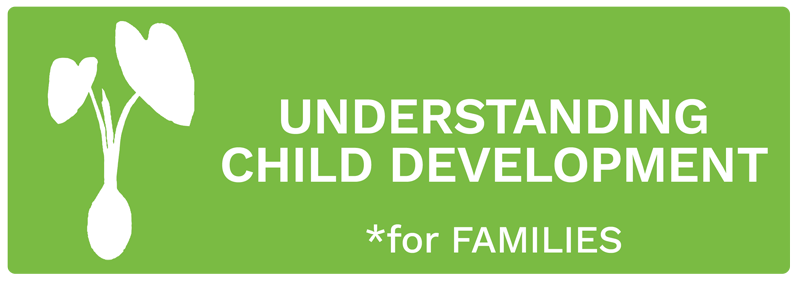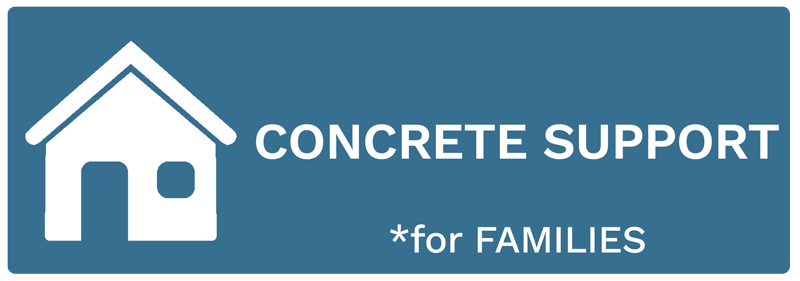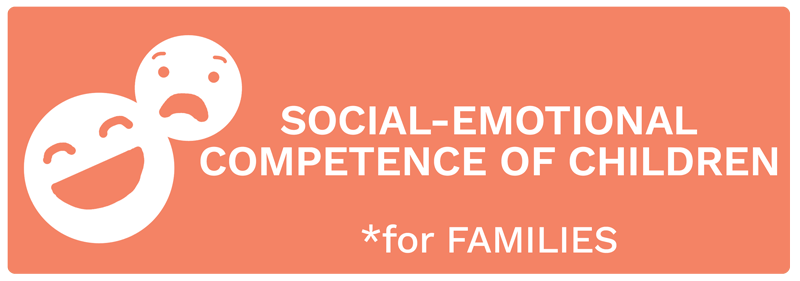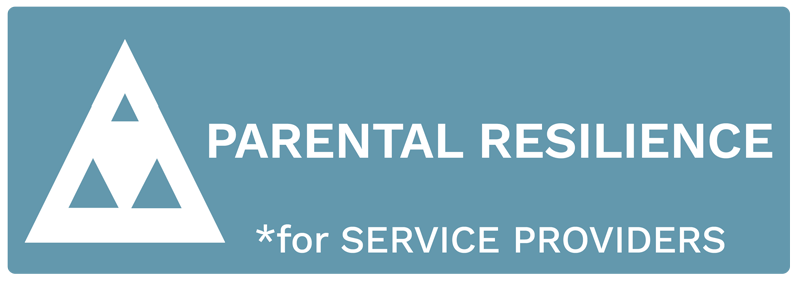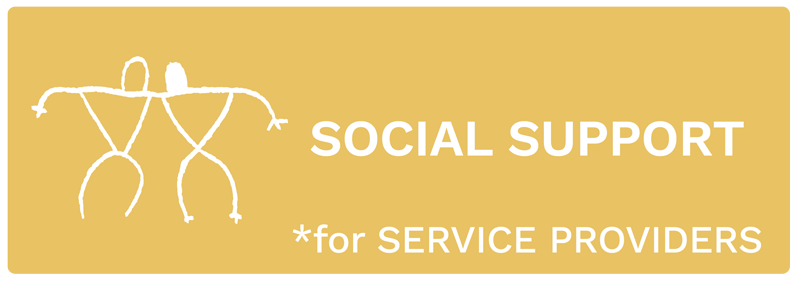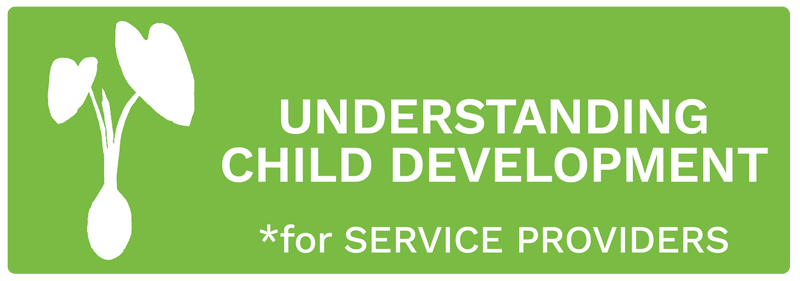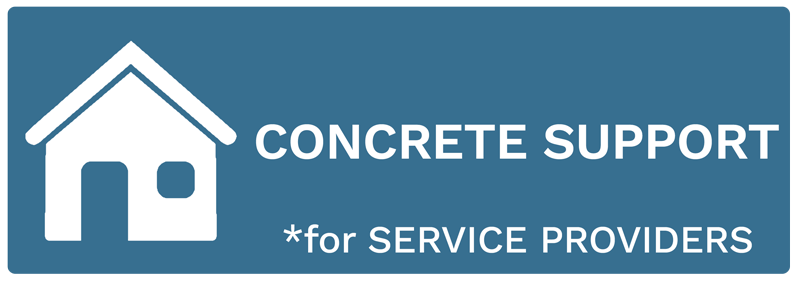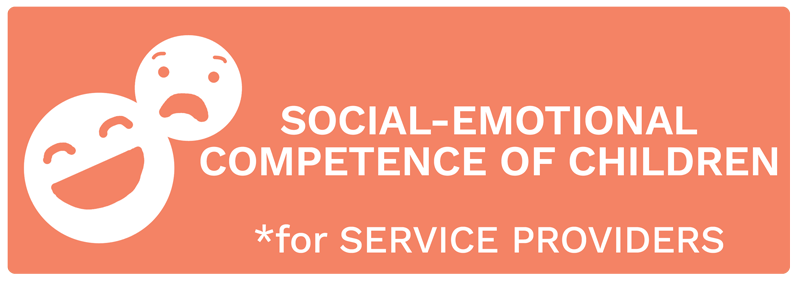What are Protective Factors?
Protective factors strengthen families by improving positive outcomes for children and families. Aloha at Home is the recipe for healthy families to bring Aloha into your Homes. Families who are strong in these five protective factors, reduce the likelihood of child abuse and neglect.
Feeling Overwhelmed?
Many parents like you are feeling overwhelmed. More than ever, parents are spending more time with their children, providing an opportunity for parents to strengthen their relationship with their children, building the foundational components necessary for children to succeed and thrive, especially well into adulthood. However, it is also important to recognize with the increased role parents and families have had to take on, it is critical now to ensure parents and families have the necessary support they need as well.
Five Protective Factors that Strengthen Families
Evidence shows that babies and young children who receive affection and are nurtured daily by their parents increase the health and well-being of children and their families. Research demonstrates that building five protective factors can ensure children and youth are successful at home, in school, at work, and in the community, now and as they become adults. These protective factors help parents find resources, receive necessary support, and develop coping strategies that will allow them to become better parents, even when they feel stressed or have a lot of external factors weighing on them. The goal is to form an intentional way to interact positively based on developing new skills. We welcome you, parents, families, and service providers, to explore the resources and tools on this website.
Aloha Values & the Five Protective Factors
Aloha at Home believes that all ‘ohana (family) desire safe and nurturing environments for keiki (children). However, raising keiki in Hawaii is tough. From the high cost of living tot he lack of adequate (and equitable resources, the kuleana (responsibility) parents and caretakers have to keep children healthy, safe and happy seemes to get harder everyday. Aloha at Home does not promise to have all the answers or a “silver bullet” for all these issues, however, it does provide simple activities and insights can help support ‘ohana in real and tangible ways to grow and maintain stronger and healthier relationships.
Aloha at Home relies on two distinct sources of knowledge to guide parents and caretakers in their kuleana. The Protective Factors are a set of five key characteristics for life that, if possessed by ‘ohana, will increase the likelihood that their homes will be healthier, happier, and safer. parents and families will be better informed, better equipped, more supported, and more resilient when faced with the inevitable challenges in life. Research shows that as these Five Protective Factors grow, so does the quality of life.
Aloha and its five distinct values (Akahai, Lokahi, ‘Olu’olu, Ha’aha’a, Ahonui) guides and grounds our ‘ohana’s work in growing these Protective Factors. To put it simply, if Protective Factors are the goals, Aloha is the driving force that helps us get there.
AlohaAtHome.org was built to help you on your way to strengthen your families by bringing aloha into your homes.
Parental Resilience – Families
Parental Resilience
Parents are more likely to achieve healthy, favorable outcomes if they are resilient. Resilience is the process of managing stress and functioning well, even when faced with challenges, adversity and trauma. Parental Resilience is being strong and flexible. How do you bounce back from difficulty as a parent and caregiver? This triangle symbolizes Parental Resilience as a mountain of strength, while building smaller mountains of strength inside. The Aloha Values of Akahai – Kindness, Lōkahi – Unity, and ‘Olu’olu – Agreeable are essential to Parental Resilience.
Parental Resilience is the ability for parents and caregivers to manage life’s stressors in healthy and productive ways. In order to do that, they need kindness and acceptance for themselves, as well as knowing that the task of caregiving is NOT easy and that no one gets it right all the time. When we hold the value of Akahai, we acknowledge that the task is difficult, the stress is real and that trying your best to grow, learn and overcome is always good enough.
Parental Resilience is supported by Lōkahi in that Lōkahi values shared kuleana (responsibility). All members have a role to contribute, not just the parent or caregiver. When parents are supported in their role within the home by members of the home, this diminishes their stress and grows their ability to be resilient when others stressors arise.
Parental Resilience is grown, in some respects, through the kindness of others. When a parent or caregiver is encouraged and appreciated for what they are doing, as opposed to judged or criticized for what they are not doing, their self-worth inevitably grows. When a parent experiences kindness from others, they are more likely to be kind to themselves in moments of stress. In ‘Olu’olu, this kindness is generational as well, and will likely lead to higher resilience in their keiki.
Social Support – Families
Social Support
Parents need people who care about them and their children, who can be good listeners, who they can turn to for well-informed advice and who they can call on for help in solving problems. Thus, the availability and quality of social connections are important considerations in the lives of parents.
Parents need friends and community who support them. Do you have people to support you when things get rough? This Hawaiian petroglyph symbolizes parents getting the social support that they need to become strong parents.
For Lōkahi, Social Support and connections are an integral part to a healthy family. Both inside and, equally as important, outside the home. Healthy connections that support parents as individuals and in their role as parents, by listening, giving good advice, and helping to care for keiki, benefit the entire family’s well-being. When parents and caregivers do not feel alone, it becomes easier for them to promote healthy connections within the home.
For ‘Olu’olu, (insert paragraph here).
Ha’aha’a knows that connection to others is necessary for true well-being. Healthy Social Support and connections cannot be fostered if one feels that they have all the answers, or have no desire to recieve or give help. When Ha’aha’a is embraced, children get access to their extended ‘ohana, healthier parents and increased well-being.
Child Development – Families
Understanding Child Development
Parents need to know how children grow. Being a great parent is part natural and part learned. What is the next big thing your child needs to learn and how are you going to be a part of it? This kalo (taro) plant represents understanding how our children grow and how to support them.
Knowledge of Child Development promotes ‘Olu’olu through understanding. When a parent knows more about the developmental phases for children, this will keep their expectations realistic to the individual child. This knowledge helps to relieve stress and allows for greater kindness in interactions. When this kindness and acceptance in present, it makes for improved home environments that can actually benefit child development.
Similarly, being Ha’aha’a is required in order to genuinely get to know your keiki through learning about the different phases of Child Development. Being open to learning allows parents and caregivers the ability to sincerely support their keiki in their growth and to provide the appropriate support and encouragement when needed.
Understanding Child Development will help parents and caretakers to allow for the appropriate time for children to grow. The Protective Factor of Understanding Child Development and parenting needs the value of Ahonui to thrive, for it is heavily dependent on acknowledging that development happens at its own pace. Akahai promotes acceptance and realistic expectations, and healthy child development needs that space in order to happen. The more a parent understands, the more realistic the expectations become, the less stress is put on the child, and the more likely healthy growth occurs.
Concrete Support – Families
Concrete Support
We all need help sometimes. What are the hardest things about finding help, and what have you learned to make it easier? This house symbolizes the basic necessities we need as a family, like food, shelter, and childcare.
Concrete Supports help promote Akahai and vice versa. When a family has their basic needs met, there is less stress in the home and more grace can be given. On the other end, when the value of Akahai is present, there is a higher likelihood that the parents and caregivers will acknowledge and accept when they need support and will be more likely to do what it takes to acquire them.
Concrete Support cannot be accessed if Ha’aha’a is not valued. In order to acquire concrete supports, parents and caregivers need to be open enough to seek them. Ha’aha’a knows that seeking what you need for your keiki and ‘ohana is an example of strength.
Concrete Supports help to de-stress the home. However, they take time to acquire, so Ahonui reminds us that not everything happens over night and that perseverance is needed to get what is needed, when it is needed.
Concrete Support – Families
Social-Emotional Competence of Children
Parents need to help their children interact and communicate well. Can your child share their feelings? This happy and sad emoji symbolizes helping our children name their feelings.
When it comes to Social-Emotional Competence of Children, the value of Akahai knows that in order for children to grow their competence, they need to be provided a safe and nurturing environment to do so. It needs to be modeled, it needs to be nurtured, and it needs to be valued.
The Social-Emotional Competence of Children grows best in a home that holds dear the value of Lōkahi. When Lōkahi is present, a family is unified and invested in each member, thus it is more likely that the children feel safe and supported to express themselves. The more children can express themselves and learn through that expression, the more aware they become of what they are feeling and how it affects them.
Social-Emotional Competence of Children needs Ahonui to grow. Children will not feel safe to grow if they feel they are being judged for the pace at which they do. Ahonui reminds us that this competence takes time, and cannot be rushed.
Five Protective Factors for Service Providers
Click on the buttons below, to view articles for each protective factors for service providers. These articles are intended for those who work with children and families.
